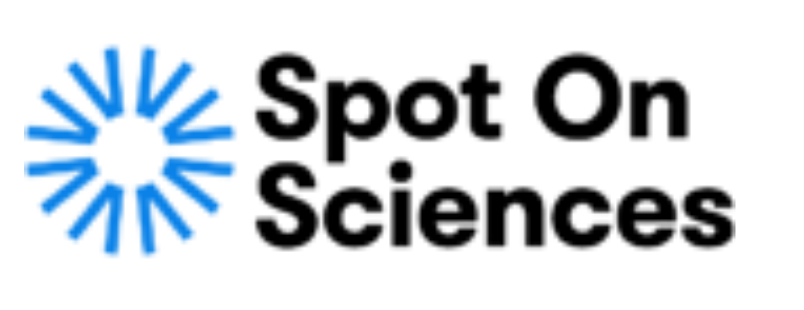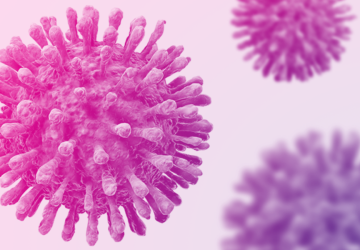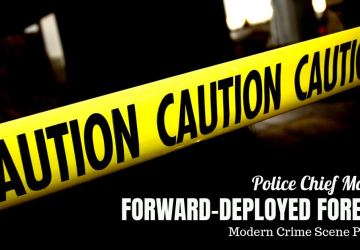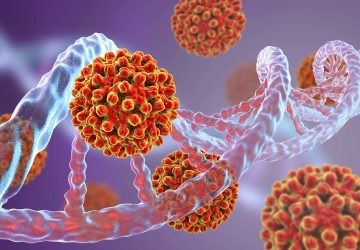I remember being a teenager in the early 1980’s and my mother, an ER nurse, coming home upset over a young patient. The patient, a boy with hemophilia, was a frequent visitor in the ER but lately his visits to the ER were not due to his genetic disorder. He was very sick from something else; a virus that turned out to be HIV. He finally succumbed to AIDS. This was my first encounter with this devastating disease.
Several years later after graduating with a degree in biomedicine, I went to work for a biotech company. One of my colleagues there was a dear man, Randy, whom I considered a friend. Randy always battled an open sore on his face, a Kaposi sarcoma. I was very saddened when Randy succumbed to AIDS a few years later. That was my second real exposure to the then deadly virus and disease yet still a rare occurrence for someone living in Oklahoma in the late 1980’s. I was working with the VA in Oklahoma City and learned the virus was then being diagnosed by means of flow cytometry. The virus and disease interested me then, and now 30 years later, I have spent the majority of my career working to help diagnose and treat HIV/AIDS.
I can look back on my career and say that I have a conflicted relationship with HIV/AIDS. I HATE what it has done to the world. A pandemic! It’s caused so many innocent to die—including mothers, babies, and children—and left so many children without parents. It’s caused so much suffering, both physically and mentally, and exacerbated the crisis conditions in poverty stricken nations. It has put fear not only into individuals but also nations, causing great stigma, which is something few if any diseases have ever done on this scale.
At the same time, I have seen a life-affirming outpouring of support towards the HIV/AIDS community from humanity at large. The HIV/AIDS pandemic has taught our world so much about disease, strife, and perseverance; about not only unlocking the science behind the disease but also how to solve the social and political issues that became a part of HIV/AIDS. Looking back into the history of medicine, I am not sure any other disease can claim the challenges, the curiosities, the passion, along with the social and political lessons learned.
I have traveled the world because of HIV/AIDS. I have studied and learned so much about countries that are on the forefront of this battle. I have read in great detail about global education, economics, and politics and gained an understanding of social and cultural tolerances. And, most importantly, partnering with others in the fight against HIV/AIDS has enriched my life: as a person, as a global citizen, as a scientist, and as a businessperson.
Right now, I’m working with prestigious clinical research teams around the globe who are using Spot On Sciences to help advance the diagnostics and treatment of HIV/AIDS. Projects such as this, have allowed me to meet and build relationships with some of the most intelligent, dedicated, and passionate people in the world. Please join us in recognizing World AIDS day on December 1, 2012 and support the worthy goal of bringing the number of world AIDS victims down to zero.



